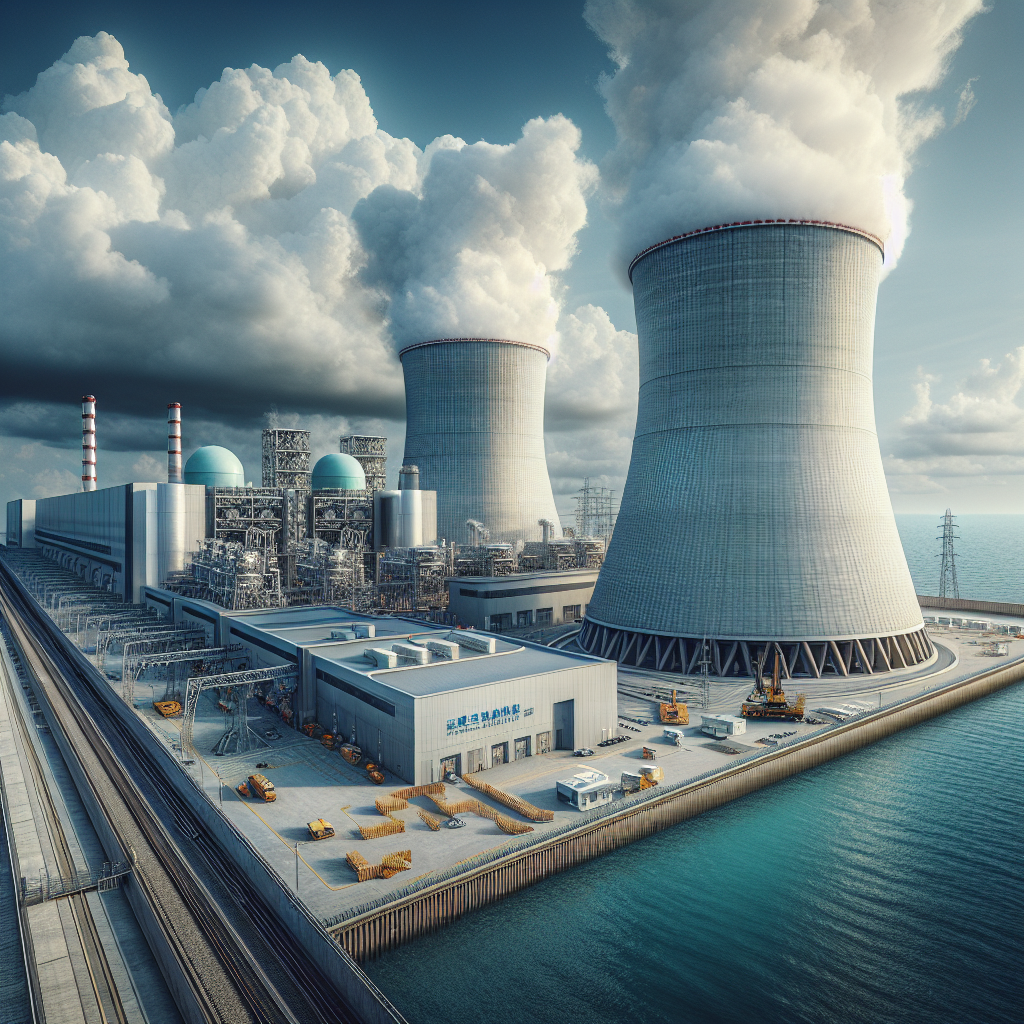IAEA supports Poland’s efforts to transition away from coal with plans for its first nuclear power plant by the mid-2030s.
During the 68th International Atomic Energy Agency (IAEA) General Conference, Director General Rafael Mariano Grossi handed over the final report of Poland’s Integrated Nuclear Infrastructure Review (INIR) mission. The April 2024 mission assessed Poland’s readiness to incorporate nuclear power as the nation aims to shift away from coal and establish its first nuclear power plant within the next decade.
The INIR mission evaluated Poland’s progress in addressing the 19 key infrastructure issues identified in the IAEA’s Milestones Approach. This methodology guides countries through the process of introducing nuclear power, with a focus on human resources, regulatory frameworks, and radioactive waste management. The latest report assessed Poland’s work on Phase 2 of this approach, focusing on preparatory work for nuclear power plant construction after an official policy decision has been made.
At a bilateral meeting during the conference, Grossi praised Poland’s efforts and reaffirmed the IAEA’s ongoing commitment to supporting the country’s nuclear ambitions. “Poland is taking important steps to prepare for the safe and secure introduction of nuclear power,” Grossi said. He emphasized that the IAEA serves as a critical resource for countries introducing nuclear power for the first time, adding, “I am very glad that Poland is doing this, and we look forward to continuing this partnership.”
The INIR mission team, consisting of seven IAEA staff members and external experts from Brazil, the UK, and the USA, made five recommendations and seven suggestions to strengthen Poland’s nuclear infrastructure. Among the recommendations, the team advised Poland to review its legal and regulatory framework and to complete preparatory work for the contracting and construction phases. The report also highlighted seven best practices, including effective stakeholder engagement, that may serve as models for other countries exploring nuclear energy.
Poland has already made significant strides in nuclear development, signing an agreement with Westinghouse in 2022 to build three AP1000 reactors. This move is part of the country’s broader strategy to meet climate goals and enhance energy security.
Poland’s Minister of Industry, Marzena Czarnecka, expressed appreciation for the INIR findings and emphasized their value in guiding the country’s nuclear program. “The results of the second INIR mission will support and guide the further strengthening of nuclear infrastructure,” Czarnecka said. She noted the importance of both multilateral and bilateral cooperation with the IAEA as Poland moves forward with its nuclear ambitions.
In response to the report’s findings, Poland and the IAEA will update the country’s Integrated Work Plan, ensuring that future IAEA support is aligned with Poland’s evolving nuclear power needs. This collaboration will play a crucial role in Poland’s transition to a low-carbon energy mix and its efforts to phase out coal dependency.











